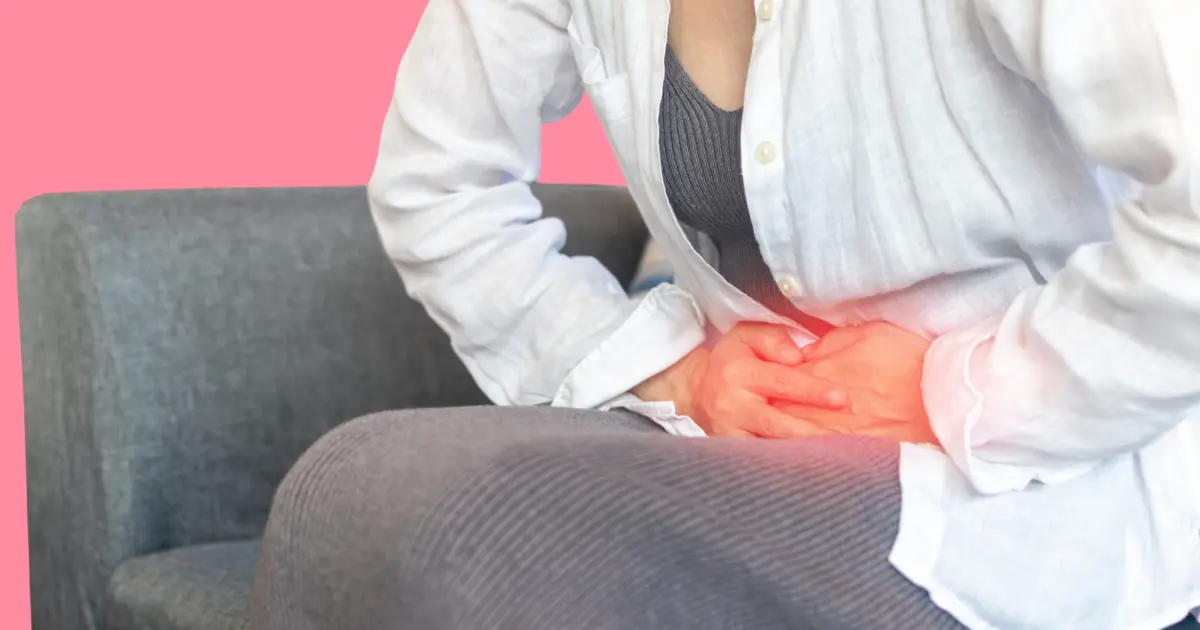Chronic pelvic pain is a debilitating health problem that many women suffer from. It can last for months or years, affecting their quality of life and daily mobility.
What is chronic pelvic pain?
It is persistent or recurring pain in the lower abdomen and pelvis for more than 6 months. It can be mild or severe and worsens with the menstrual cycle or during sexual intercourse.
Causes of chronic pelvic pain in women
There are many causes that lead to chronic pelvic pain, including:
- Endometriosis.
- Chronic pelvic inflammatory disease.
- Ovarian cysts or large cysts.
- Post-operative adhesions.
- Bladder or irritable bowel syndrome.
- Pelvic muscle tension.
Symptoms of chronic pelvic pain

A group of signs accompanying the condition appear, including:
- Persistent pain in the lower abdomen or on one side.
- Increased pain intensity during menstruation.
- Pain during or after intercourse.
- Disturbed urination or bowel movements.
- A general feeling of stress or heaviness in the pelvis.
Methods for Diagnosing Chronic Pelvic Pain
Diagnosis relies on a series of tests, such as:
- Physical pelvic examination.
- Ultrasound or X-ray.
- Hysteroscopy or laparotomy to accurately determine the cause.
- Blood and hormone tests, if necessary.
Methods for Treating Chronic Pelvic Pain in Women
Treatment methods vary depending on the underlying cause, and include the following:
- Taking painkillers and anti-inflammatories.
- Treating infections with antibiotics.
- Using hormones in cases of endometriosis.
- Surgery to remove cysts or adhesions.
- Physiotherapy and pelvic muscle relaxation exercises.
Tips for Reducing Chronic Pelvic Pain

Pain can be relieved and the condition improved by following some tips, such as:
- Regular light exercise.
- Avoid prolonged sitting.
- Using warm compresses on the pelvic area.
- Maintaining a healthy and balanced weight.
- Reducing psychological stress and tension.
Is it possible to completely cure chronic pelvic pain in women?
Recovery depends on the cause of the pain. Some cases improve with medication or surgery, while others require prolonged follow-up with a doctor.
Does chronic pelvic pain affect pregnancy?
In some cases, such as endometriosis or severe adhesions, it may affect fertility. Therefore, early treatment is recommended before planning a pregnancy.
Can pelvic pain be treated naturally?
Symptoms can be reduced with rest, physical therapy, and stretching exercises, along with a healthy diet that reduces inflammation.
Article Summary
Chronic pelvic pain in women occurs due to multiple causes, such as endometriosis or pelvic inflammatory disease, and may affect daily life and fertility.
It can be treated with medication, surgery, or physical therapy, along with healthy habits to reduce symptoms.